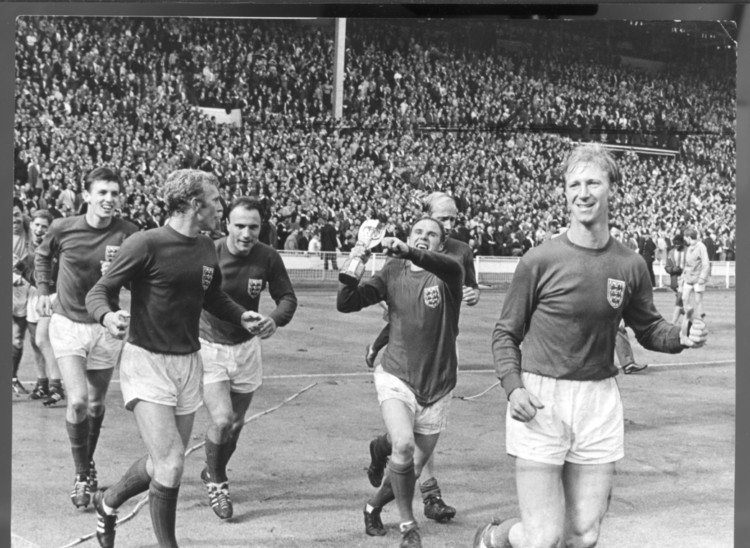My youngest daughter called me from her school in Manchester to say she was rooting for Italy in their match against England. Why not England, I asked. Silly, she said, Scots don’t support the English football team.
Despite pointing out that she is just over half Scottish, that her mother was raised south of the border and that it was okay to back England when Scotland wasn’t playing, she stuck to her guns. Like many of her expat countrymen, she is becoming a professional Scot.
And like many of her fellow Scots, she is displaying the tribal loyalty to her country that, when football is involved, leaves no room for reason. This is how she has been brought up, by one of her parents (not me) at least.
With the World Cup under way, though, and an England defeat in the bag already, there is some evidence that the default antipathy of Scottish football supporters towards England may be waning.
I thought my ears were deceiving me when I heard what sounded like Scottish accents in a BBC interview with England fans on Copacabana Beach.
The first Scot was generous after England lost, saying he thought they played a “really good game”; the second Scot, a young boy, was the more seasoned commentator: “If England use the pace against Uruguay and Costa Rica I think they could come second,” he said.
Scotland’s absence from the World Cup scene for a generation has given serious football fans, like the above, no choice but to cheer for another nation.
That some have opted for the nearest neighbour and travelled half-way across the world to watch them shows a maturity currently lacking in our political debate.
Football has traditionally provided a licence for anti-English tirades from people not normally prone to xenophobic outbursts. Andy Murray, an outspoken unionist whose greatest sporting triumphs have been on English soil, famously joked that he would be supporting “anyone but England” in the 2006 World Cup. And the former First Minister Jack McConnell, now a Labour peer, refused to back England that year, too.
Scots happily champion English Olympians and were as excited by Jessica Ennis’s gold medals in London 2012 as they were by Chris Hoy’s. But football is different and the rivalry is “very much part of the Scottish psyche”, said Gordon Brown who, incidentally, is backing England this time. He believes the rivalry is “far less” than it was in the past.
“I think people are more realistic that your future as a nation is not decided, as I thought in 1961, by whether Scotland beat England,” he said last week.
Possibly, the lack of competition, as Scotland’s fortunes have deteriorated, has dulled the sense of conflict; and possibly, it is now politically incorrect to openly hate another country (though try telling that to some Scottish Nationalists).
Maybe Scots find the Auld Enemy rhetoric tiresome in the current fervid political climate; maybe it suddenly sounds like taking sides beyond football.
And maybe this is all wishful thinking. A recent ICM poll found that just 38% of Scots said they would be supporting England in Brazil, compared to 67% in the 2006 World Cup in Germany. But more Scots, the poll revealed, wanted England to succeed than the 22% who admitted they wanted them to do badly.
Old habits die hard for some but it should be noted that Alex Salmond, no less, has said: “I hope England do well.”
This was extracted from him by former Labour spin doctor Alastair Campbell in that infamous interview with GQ magazine, in which the nationalist leader declared his admiration for President Putin.
At least his enthusiasm for English football is understandable. Although it’s looking unlikely at the moment, a win for England in Brazil would unleash such an outpouring of London-emanating euphoria and provoke such a stirring of national pride as to sicken even the most fair-minded Scots.
England winning the World Cup would trump the Commonwealth Games and Bannockburn and carry the nationalists right through to September 18.
This is Mr Salmond’s best hope, his only hope, of victory at the ballot box. Football is the game-changer that could doom the union.
